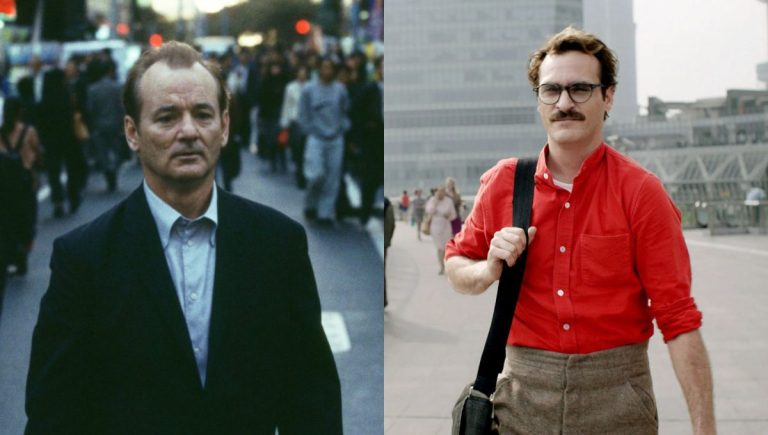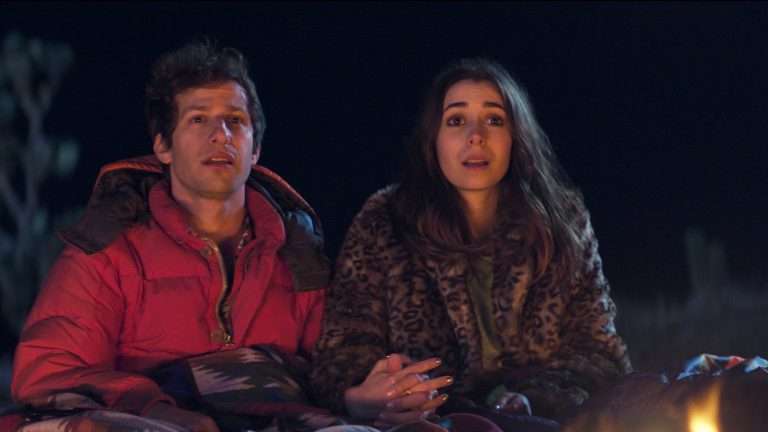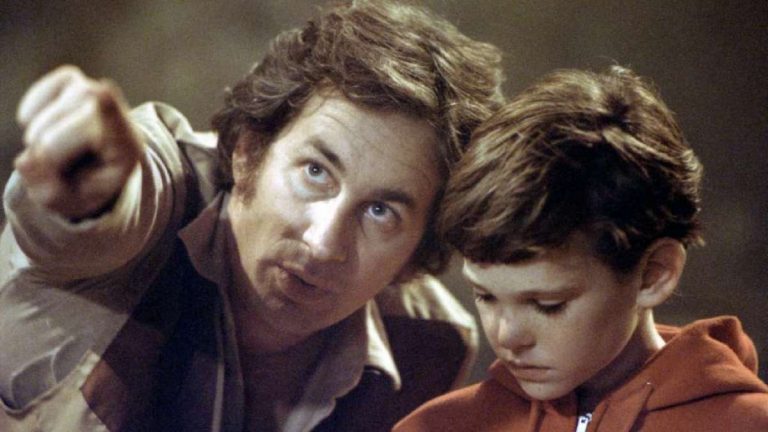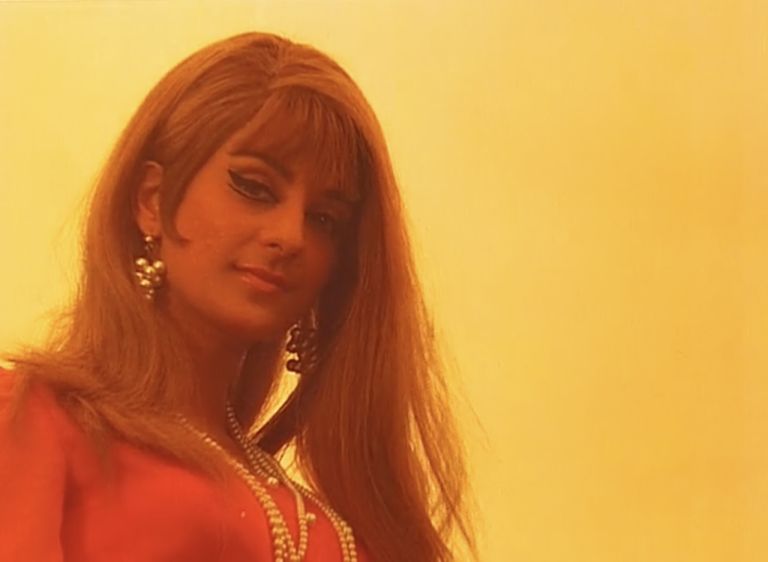In “Blink Twice” (2024), billionaire tech mogul Slater King (Channing Tatum) invites nail artist/cocktail waitress Frida (Naomi Ackle) to join him and his friends for a dream vacation on his private island. As unsettling events begin to unfold, Frida is forced to unravel the island’s dark secrets if she hopes to survive. The movie’s spoiler-heavy trailer gave the impression of an “elevated” psychological horror, tapping into the social commentary thriller market of films like “Get Out” (2017), “The Menu” (2022), “Ready or Not” (2019), and “Glass Onion” (2022). Either way, it felt like a promising directing debut for Zoë Kravitz, and I was at the very least sold.
Cultural Context and Inspiration
In our present Jeffrey Epstein/P Diddy ethos, the timing and urgency of “Blink Twice” feel all the more real and disturbing. In an interview leading up to the film’s release, Kravitz admitted that she began writing the script in 2017 based on wild behavior from men that she experienced during her time in the entertainment industry. The initial working title of the film was “Pussy Island”. It was intended to be simultaneously tongue-in-cheek and a reclamation for women. To Kravitz, it was an allusion to a time and place that society claims to not be in anymore with regard to sexual politics.
Visuals, Atmosphere, and Pacing
For her directorial debut, Kravitz nails the visuals and atmosphere. The first act of “Blink Twice” is a captivating mix of intrigue and sharp wit. The second act dazzles with stunning cinematography and vibrant, over-saturated colors. Unfortunately, the third act falters, relying on predictable tropes and an uneven tone, where moments of silliness dilute the tension. While the story’s twists grow more intense, the audience is never left questioning the true motives behind a billionaire’s invitation to a secluded luxury island—its dark intentions are apparent from the start.
Flawed Ending and Its Implications
In what appears to be an attempt at subversion, the movie seems to go for a “girlboss” win where our protagonist marries her captor, and becomes CEO of his company, all while having him at the palm of her hand. It’s curious that this ending, which could have worked as incredibly dark cynicism, is instead presented as triumphant.
Representation and Social Commentary
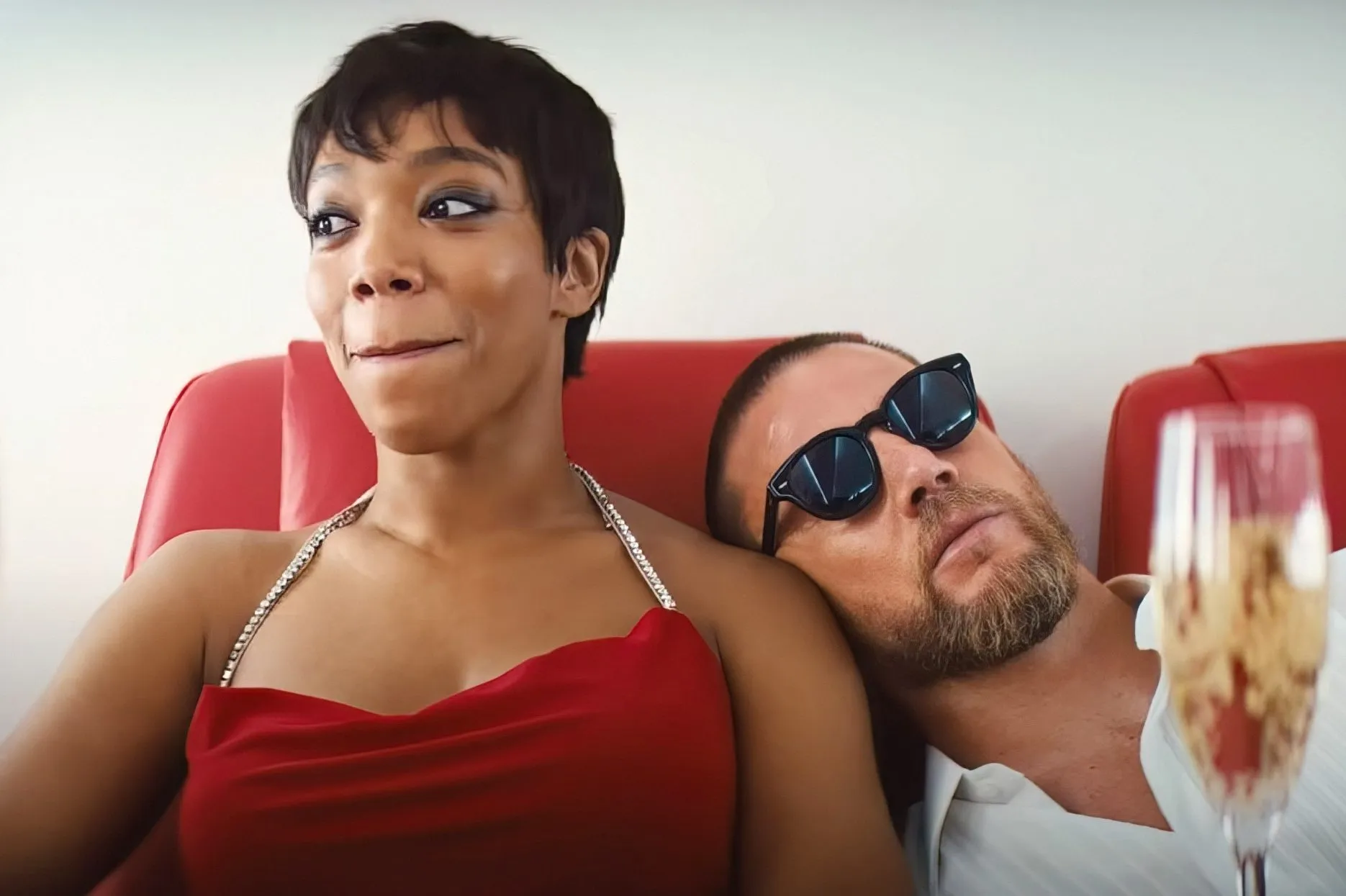
There is the inescapable fact that the main character and the director are women of color. Statistically, women of color are the most assaulted demographic in the U.S. and make up a large amount of sex-trafficked victims. In an ideal world, these women finally allowing themselves in fiction to indulge in self-care and self-preservation would be a triumph. Too long have women of color sacrificed themselves for the sake of others. These women are not bound to be depicted as slaves, saviors, or sacrificial lambs anymore. They are human beings with human needs and human flaws.
Moral Dilemma and Justice System
I sympathize with and understand the human aspect of wanting revenge on your abusers, but in the end, what does it do for you when you turn into the person you hate? It’s just a slippery road and “Blink Twice” is neither deliberate nor ironic about this in its cinematic language. It’s a tough sell to ask the audience’s sympathy for anyone who actively chooses to ignore a serial abuser simply because it benefits them to do so. Frieda’s girlboss decision might be righteous, but it strips everyone else of justice.
Perhaps Frida convinced herself that relying on the law wouldn’t bring the perpetrators to justice, especially if they give information that grants immunity or a lesser sentence. With how powerful men like Slater seem to be, who knows if this case would have even gone to trial? Frida going to the police as a powerless black woman and accusing a white male billionaire of all these atrocities with no proof, would not have guaranteed justice. Had she come forward on the internet with her story, she would be subjecting herself to scrutiny and ridicule from the rest of the world. It is an unfortunate reality that seeking help or official justice, means risking mockery or humiliation of you and your family.
Given her circumstances, Frida couldn’t realistically rely on the justice system to hold powerful men accountable. Why would she risk sacrificing herself for a slim chance at justice when she could take matters into her own hands? This path spares her the ordeal of enduring further humiliation and hardship, only to end up back where she started—barely surviving. In an unfair system, why bother playing fair?
Framing and Missed Opportunities
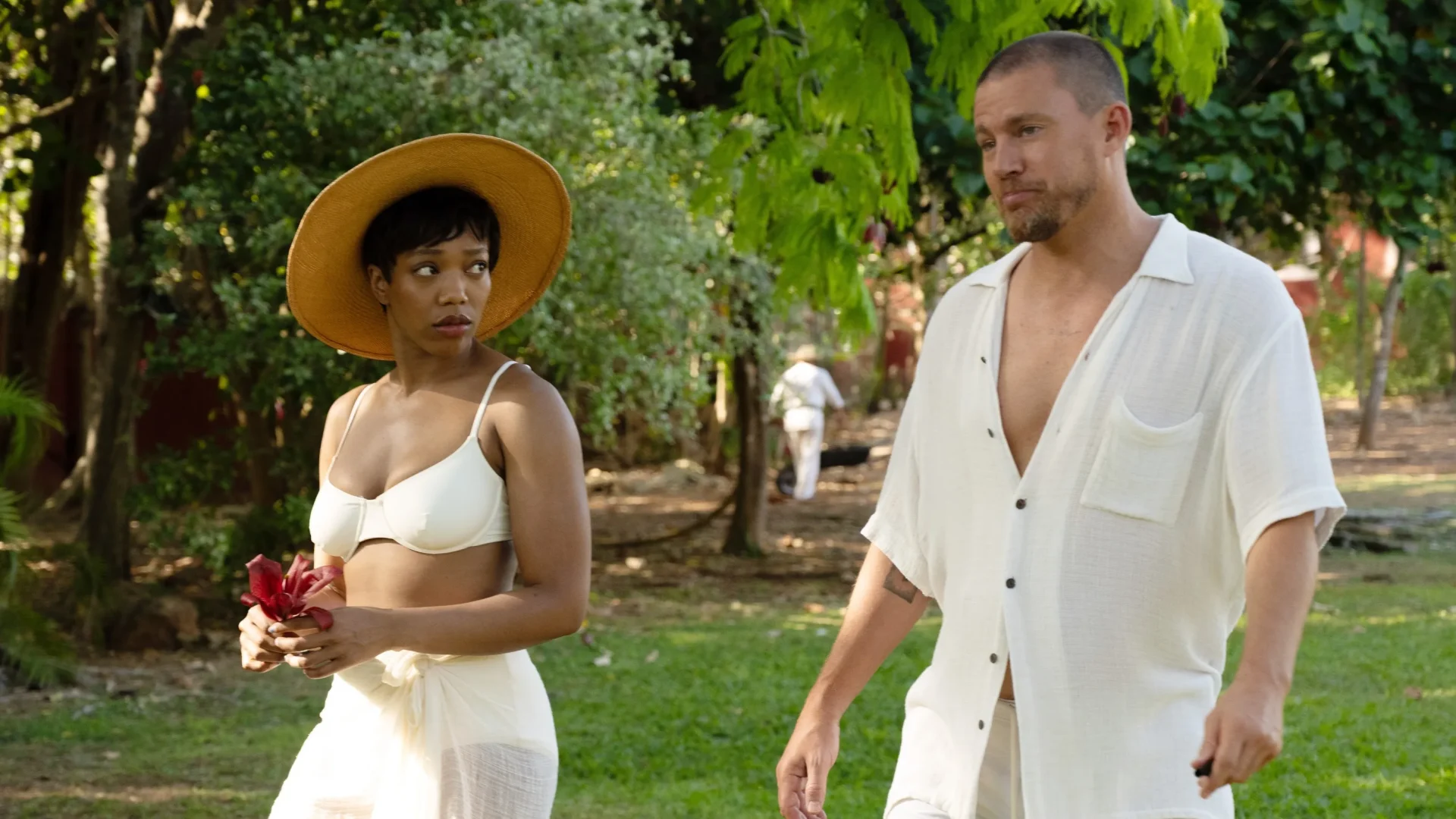
The core issue with “Blink Twice” seems to lie in its framing. Many female-led films often leave audiences interpreting the finale as a “good for her” moment, even when that isn’t the film’s intention. Movies like “The VVitch” (2015), “Midsommar” (2019), and “Pearl” (2022) share similar misinterpretations when not examined closely. In “Blink Twice,” the narrative doesn’t fully convey the idea that the cycle of abuse, albeit less overt and horrific, continues under Frida’s control. That said, the film does deserve credit for portraying Frida’s obsession with success and attention so vividly that she willingly dismisses her friend’s concerns. This nuance highlights her flawed priorities—she consistently chooses ambition and recognition above all else.
But the movie never frames her as slightly unhinged and power-hungry, which suggests that the filmmakers were aiming for a “good for her” story, rather than a “the cycle of abuse will continue” story. There are also music choices in this film that can lead to a person thinking that it’s supposed to be a “girl boss” victory. If there were more visual or audio cues highlighting the ugliness of Frida’s decision in the end, it would have been clearer that it’s a cynical ending not to be celebrated by the audience.
Potential for a Darker Ending
“Blink Twice” had the potential to be far more compelling with a slight shift in its framing. The plot wouldn’t even need significant changes. It could have explored how solidarity among women who are victims is often sacrificed in pursuit of personal gain or climbing the social ladder. The film might have delved into how victimhood itself can sometimes be weaponized, not just against others but also against oneself. With this perspective, Frida’s victory could have been reframed as hollow, with her triumphant smile at the end carrying an unsettling, even chilling, undertone rather than satisfaction.
A darker twist could have further suggested that her revenge-driven success actively harms Slater, complicating the moral narrative. Ultimately, the ending’s interpretation—cynical or triumphant—hinges on framing and editing. Unfortunately, the version we received leans heavily into “yes, girl boss, claim your power and dismantle the patriarchy!” without fully interrogating the implications of such a conclusion.
Read More: Blink Twice (2024) Movie Ending Explained – Why doesn’t Frida kill Slater?
Perhaps it has more to do with Zoe Kravitz’s ignorance as a first-time director; perhaps she wanted to have her cake and eat it too. Either way, the ending we get doesn’t completely work, but it does seem very honest about the director’s experiences whether she realizes it or not. If only there were more tactile ways to show how traumatic it would be to be held against your will for such a long time without your knowledge.
The bottom line: sticking a girl boss narrative in an abuse story doesn’t make for a smooth mix. Regardless, “Blink Twice” is clear about misogyny, rape culture, and how power and money enable men to get away with atrocious behavior. The film doesn’t offer any hope for men and women to peacefully coexist, but perhaps Kravitz feels we aren’t there, yet (?!). Overall, a valiant first effort by Kravitz, and I’m excited to see more of her in the director’s chair!

